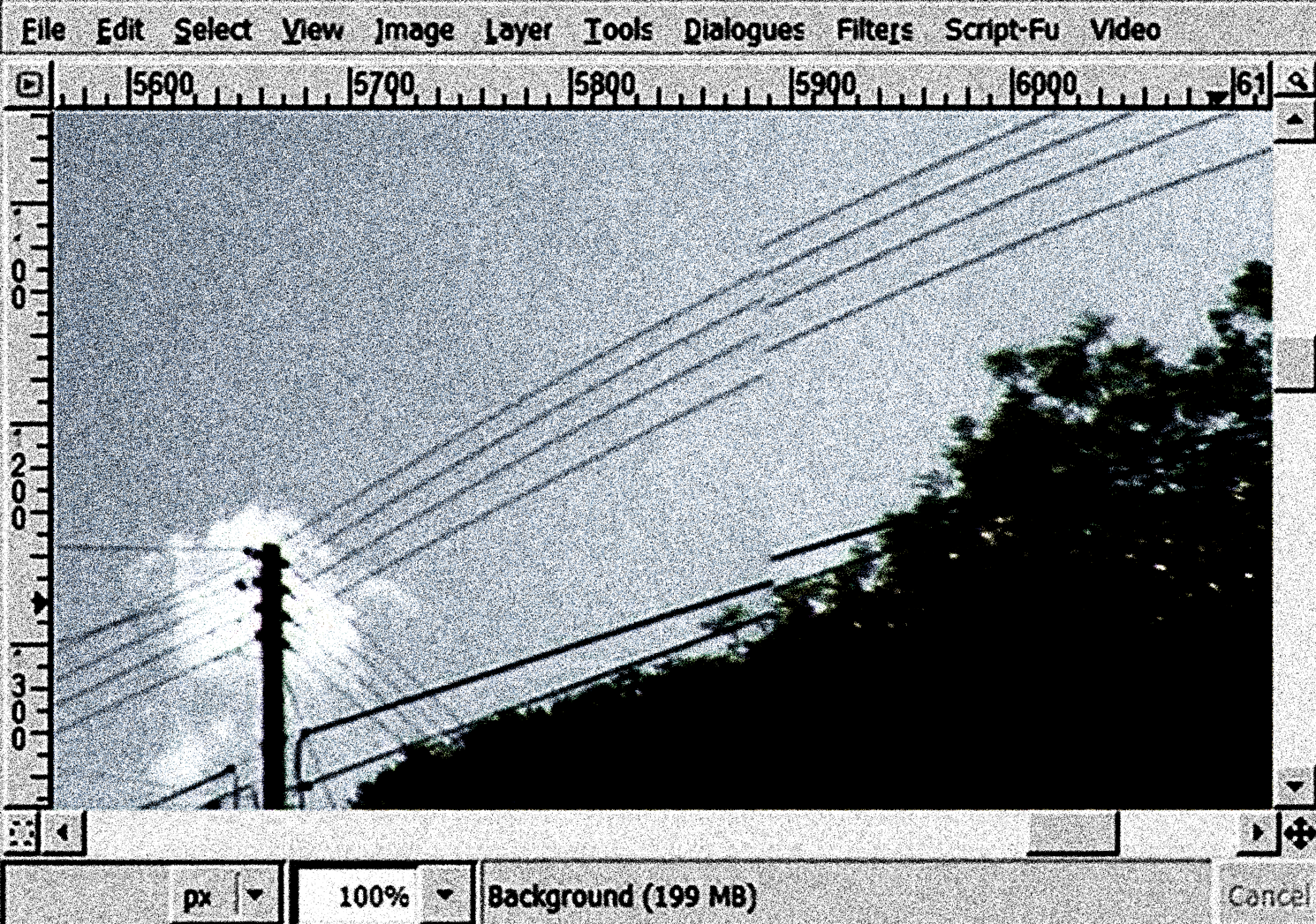Systems of Social and Technological Organization
Systems of social and technological organization will follow the rationale that territorial, demographic and resource management, trade infrastructures and geopolitical relations are not isolated mechanisms strictly following reason, scientific data, and democratic decision processes. In fact, while often naturalized or invisible, structures such as social conventions, top-down bureaucracy, political power and, increasingly, the social media, descend from historical practices and forms of social organization that complexify our relationship with the world and its co-inhabitants. Participants may choose one of the three dedicated seminars: Anthropogenic Landscapes of Inequality, Dating Datafication? History, Epistemology and Politics of Big Data and Repoliticizing the Anthropocene.
Anthropogenic Landscapes of Inequality
Maria Paula Diogo
Liliana Coutinho
José Augusto Pádua
Dating Datafication? History, Epistemology and Politics of Big Data
Jaume Valentines-Álvarez
C.I.R.C.E.
Staffan Müller-Wille
Landscapes of Inequality
Maria Paula Diogo, Liliana Coutinho
(to be announced)
Dating Datafication?
History, Epistemology and Politics of Big Data
Jaume Valentines-Álvarez, CIRCE
The epistemological, social, and energy implications of Big Data are central to recent debates on the multilayered global crises, the geopolitics and body-politics of knowledge, and the control of borders, desires and dissidence at the core of the Anthropocene (or Data-cene?). This seminar is devoted to collectively discussing this global and ubiquitous entity in its social, gendered, and material contexts. It will pay special attention to the long and “slow” history of big scientific data, data-centrism and algorithm governance, which is usually neither considered when looking at the immediacy and speed of data circulation nor when thinking the genealogy of the slow disasters. Through workshops, visits and discussions, we will also explore the role of the Small (communities of hackers, activists, alternative media or social databases from the margins) in contesting the merged scientific and political authorities displayed by the Big (big data, big science, big media, big companies or states). The environmental, social, and epistemological challenges that Big Data poses to science and politics need to be critically observed and discussed to depict new horizons. Convivial thinking, collaborative outputs, and, if possible, good spirits are expected from the participants of the seminar.
Repoliticizing the Anthropocene
Davide Scarso
The Anthropocene has been described both as the token of a global environmental awareness and as a inherently depoliticizing notion, promoting a technocratic rule of experts oblivious to social justice and democratic participation. At the same time, political agency appears split between a longing for systemic change through the intervention of global institutions and reliance on the individual responsibility of all of us citizens-consumers.
The invention of new political approaches to the socio-environmental problems that we are facing today and, probably in harsher conditions, in the near future implies a radical engagement with the non-human components of the world. Nonetheless, a distinction between human social life and natural phenomena often constitute an inescapable reference for thinking political action itself, at least in an emancipatory perspective.
By discussing fundamental notions like “Sustainability”, “Decarbonization”, “Capitalocene” or “Green New Deal”, this seminar will explore the tensions between the need to “politicizing nature” and the always-impending risk of “naturalizing politics”, asking under which conditions and through which processes the Anthropocene could be the site for experimenting new forms of autonomous and more egalitarian collective organization.
